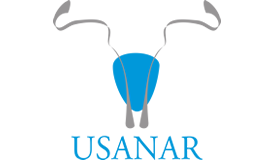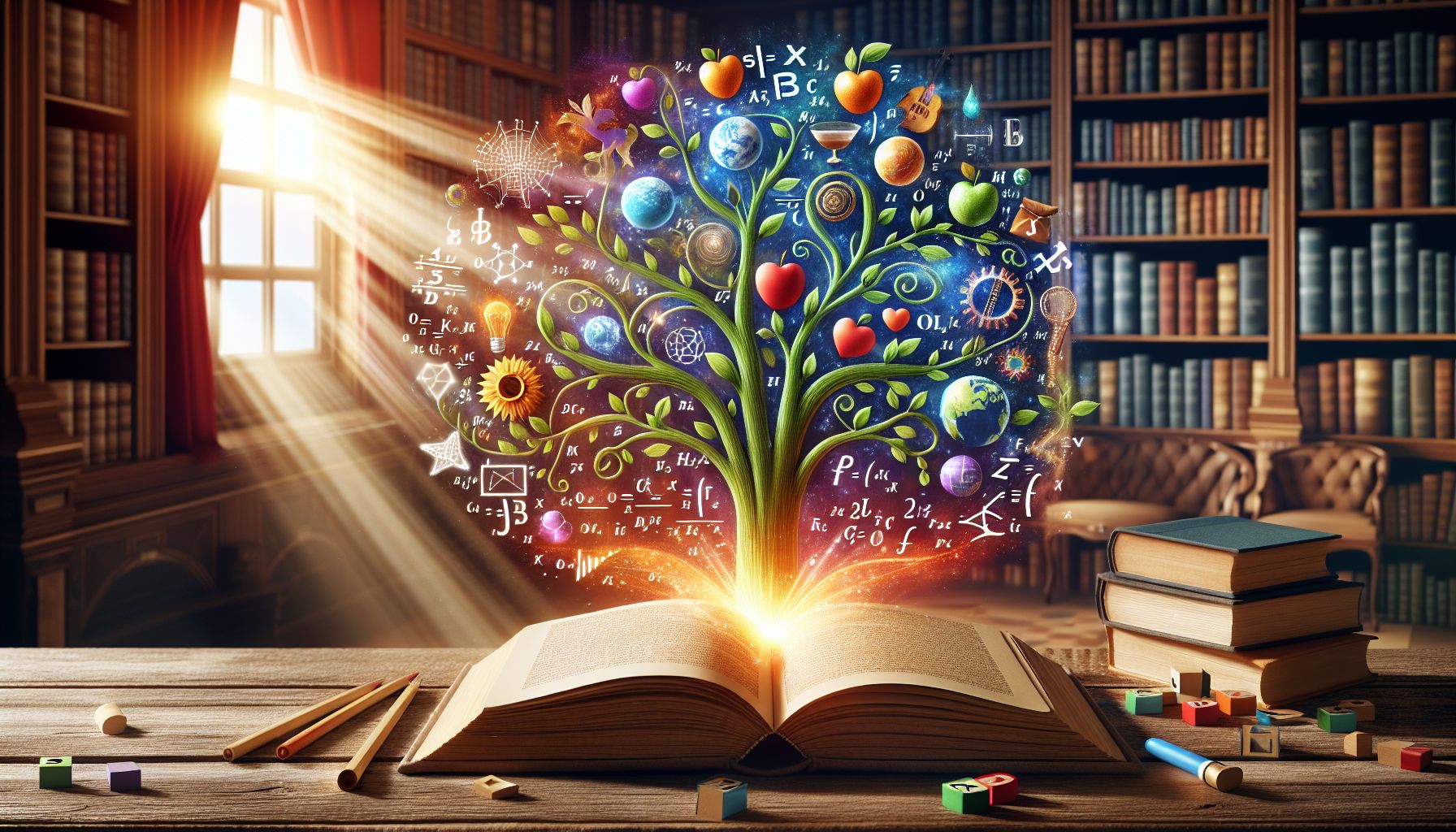In today’s rapidly evolving world, education is no longer confined to traditional classrooms and textbooks. Pedagogies are constantly evolving, innovative learning methods are emerging, and the transformative power of knowledge is becoming increasingly apparent. As we venture into the intricate realms of education, we discover a world where lifelong learning is not only valued but essential for personal and professional growth.
One standout teaching method that has gained traction in recent years is experiential learning. Gone are the days of rote memorization and passive absorption of information. Instead, students are actively engaged in hands-on experiences that foster critical thinking, problem-solving, and collaboration. Whether it’s a science experiment, a community service project, or a field trip to a local museum, experiential learning ignites curiosity and deepens understanding by connecting theoretical concepts with real-life applications.
But education goes beyond the acquisition of knowledge. It encompasses holistic development, including physical and mental well-being. In an age where stress and anxiety are prevalent among students, the promotion of mental well-being has gained significant importance. Schools and institutions are implementing mindfulness practices, meditation sessions, and counseling services to nurture the emotional resilience of students. By prioritizing mental health, we create an environment where students can thrive academically and personally.
Innovative workout regimes have also found their place in the educational landscape. Recognizing the close link between physical fitness and cognitive function, schools are incorporating exercise programs into their daily routines. Whether it’s yoga, dance, or outdoor sports, these activities not only promote physical health but also enhance concentration, memory, and overall academic performance. Through movement, students learn to collaborate, communicate, and push their limits, instilling values of resilience and discipline.
While physical fitness is crucial, dietary shifts are equally essential for overall well-being. With the alarming rise in lifestyle diseases, educational institutions are taking proactive steps to educate students about healthy eating habits. Nutrition workshops, organic gardens, and farm-to-table programs are becoming increasingly popular. By instilling the knowledge of balanced nutrition from a young age, we empower students to make informed choices, leading to healthier and more fulfilling lives.
Looking ahead, the future trajectories of health and wellness are intertwined with societal changes. As technology continues to evolve, virtual reality may become a powerful tool for educational experiences, allowing students to explore the world from the comfort of their classrooms. Moreover, as the world becomes more interconnected, cultural diversity and global perspectives will shape educational practices, fostering empathy and understanding.
The lasting impacts of a balanced life extend far beyond academic success. When we prioritize well-being, we equip individuals with the tools to navigate challenges, build meaningful connections, and make a positive difference in the world. By embracing the evolving pedagogies, innovative learning methods, and the transformative power of knowledge, we can unleash the full potential of education, ensuring that every individual has the opportunity to thrive.
In conclusion, education is more than just acquiring knowledge; it is about nurturing holistic development. From experiential learning to promoting mental well-being, incorporating innovative workout regimes, and educating about healthy dietary habits, education has the power to transform lives. As we look to the future, it is essential to embrace societal changes, leverage technology, and prioritize well-being to create a world where everyone can thrive. Let us embark on this journey of learning, growth, and empowerment as we unlock the transformative power of knowledge.

